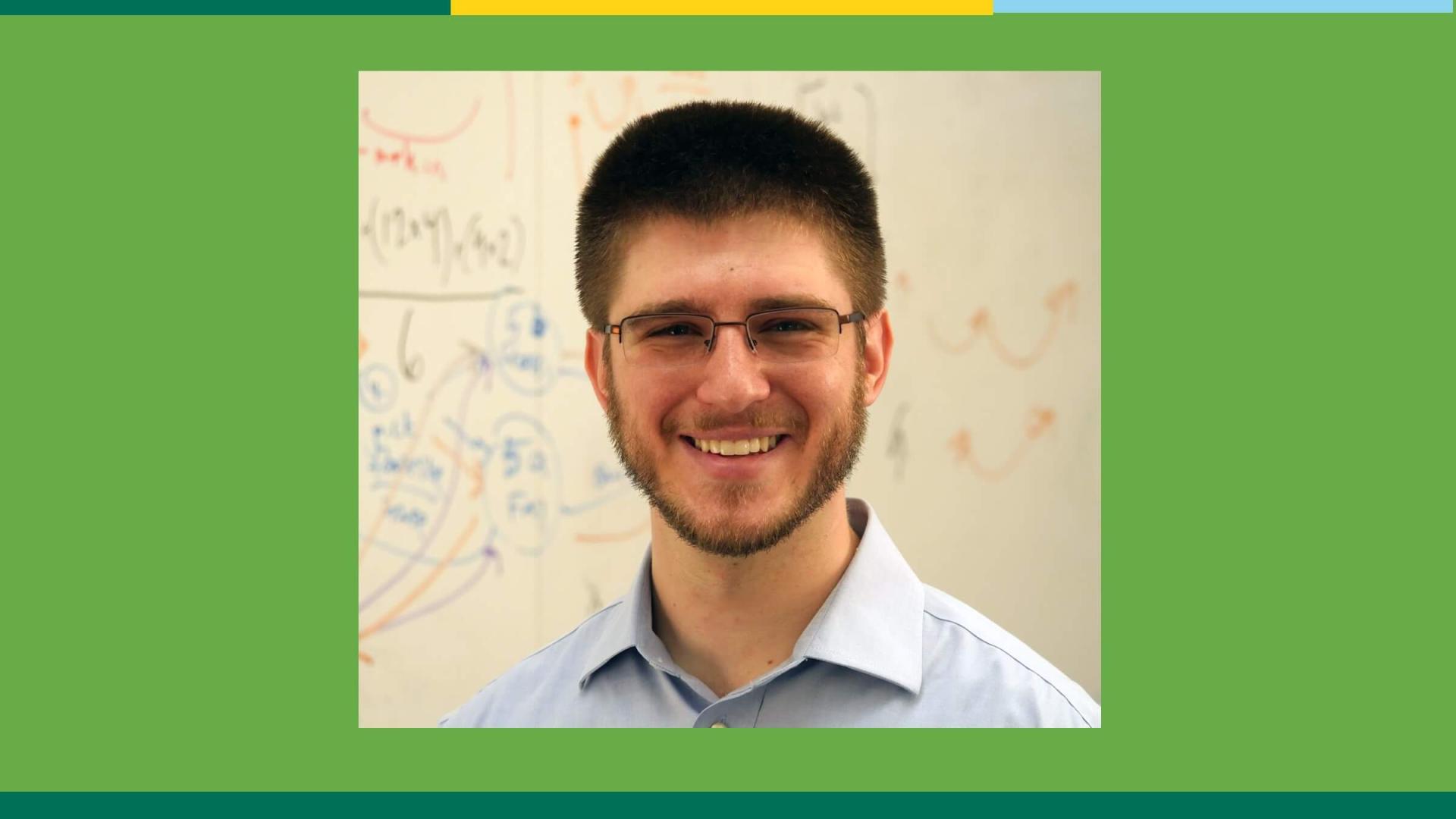John Meluso (he/him, they/them) is the VERSO Postdoctoral Fellow at the Vermont Complex Systems Center. He works with Professor Laurent Hébert-Dufresne in the Laboratory for Structure and Dynamics and studies topics in organization science, including collective problem-solving, inclusive system design, and organizational culture. He studies these topics through a unique combination of interviews, surveys, and supercomputing simulations. These methods, combined with UVM’s leading-edge computing resources at the Vermont Advanced Computing Core, give him unique access to the micro-level interactions of people in organizations and the macro-level repercussions for all who rely on those organizations.
In his time at UVM, John’s work has explored how toxic and inclusive behaviors spread throughout organizations. Through a novel computational approach, John simulated how leaders and peers socialize one another. This led to several insights, including a strong link between an organization’s culture and the pool of individuals it hires from, regardless of policies governing actions within the institution. Culture can also stratify across different levels of an organization, leading to toxic subcultures that are difficult to change. As a result, promoting more inclusive leaders alone is unlikely to make an organization more inclusive without policy changes that incentivize inclusiveness at every level of the organization.
He also developed a new technique for studying how people design and manage some of the most complex engineered systems in society—like internet infrastructures, healthcare systems, and power grids. Decades of shortcomings in the development of such systems have led the National Science Foundation and Department of Defense to call for better understandings of what qualities create systems that stay on budget and time while still meeting taxpayers’ needs. However, these systems are infamously difficult to gather datasets on, making it challenging to identify patterns across many development processes. John’s novel simulation technique draws on known qualities of these systems to examine how different qualities of development processes lead to a variety of systems outcomes, thereby meeting the calls of these funding bodies. His work opens the door to identifying qualities that improve systems, from the technical networks underlying their structures to the cultures of organizations that create them.
His latest work uncovers a previously-unknown way that people learn from one another in teams. Like chefs at a fast-moving restaurant, team members often complete separate, interrelated pieces of larger tasks. These contexts make it difficult for individuals to separate the performance effects of their own actions from the actions of their interacting peers. John’s work demonstrates that individuals still learn indirectly from their network neighbors in these contexts through shared information about how well the team is performing. His work finds that in these contexts, specialized teams innovate more effectively when individuals have fewer interactions between one another, but they refine designs more effectively when they work closely together. John’s work also shows that decentralizing a team tends to improve performance across a wide variety of tasks, suggesting that new team designs could lead to greater innovation for their projects, organizations, and society.
John recently completed a year as the UVM Postdoctoral Association’s Public Relations Chair. In that capacity, he led efforts to build and strengthen the postdoctoral community at UVM through the development of a weekly newsletter and benefits advocacy. After his time at UVM, John intends to pursue faculty positions in systems engineering and organization science. He hopes his work and career will positively impact the lives of people, whether their experiences in teams or the fruits of their labor.
